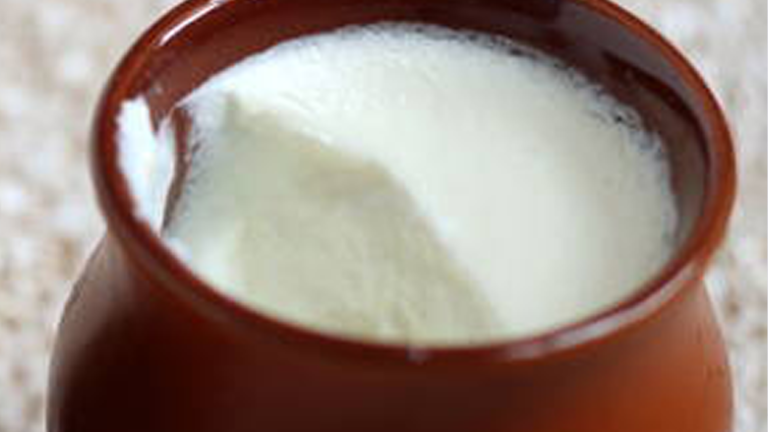The Benefits of Eating Sweet Curd
One of the main benefits of eating sweet curd is its ability to aid digestion. The natural sweetness of curd helps to stimulate the digestive enzymes in our stomach, promoting better digestion and absorption of nutrients. Additionally, the probiotics present in curd help to maintain a healthy gut flora, which further enhances digestion and prevents digestive disorders.
Another advantage of consuming sweet curd is its high calcium content. Calcium is an essential mineral that plays a crucial role in maintaining strong bones and teeth. By including sweet curd in your diet, you can ensure that your body receives an adequate amount of calcium, reducing the risk of osteoporosis and other bone-related conditions.






